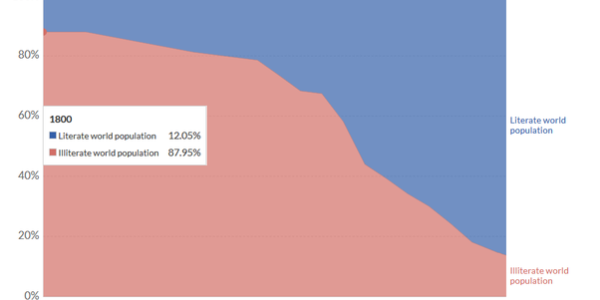In a survey of online articles about preventing Alzheimer's disease, research finds that many online resources for preventing Alzheimer's disease are problematic and could be steering people in the wrong direction.
There was poor advice and one in five promoted products for sale--a clear conflict of interest, though hucksters like Joe Mercola, D.O., never acknowledge that.
Today, 564,000 Canadians are living with dementia but the number is expected to grow to nearly one million in the next 15 years as the population ages. Alzheimer's disease is the most common form of dementia but there is a lot of uncertainty about what causes the disease and how to protect yourself from it. Previous research has shown that about 80 percent of people, and half of older adults, turn to the Internet for health information.
Julie Robillard, assistant professor of neurology at UBC, and undergraduate student Tanya Feng examined almost 300 online articles about preventing Alzheimer's disease. They found websites with high-quality information often provided high-level advice suggesting individuals consider lifestyle modifications like managing their diabetes and exercising regularly.
The researchers identified a few common red flags for low-quality information, such as websites recommending products for sale alongside the content. They found this type of conflict of interest in one in five websites. Other signs of low-quality information included websites with very specific recommendations and nutritional information.
"Many red flags were not specific to what they were saying, but rather how they were saying it," said Feng. "For example, using strong language like 'cure' or 'guarantee', promoting their own products, and relying on anecdotal evidence instead of empirical research is suggestive of poor-quality information in online dementia information."
The researchers say this type of information can also be costly with people sinking money into products with little or no scientific evidence to show that they are effective. More concerning, however, is that the advice can cause anxiety and may impact the physician-patient relationship. Patients may sometimes feel they cannot trust their physician if they disagree with the recommendations or patients may not inform their physicians that they have changed their daily habits.




